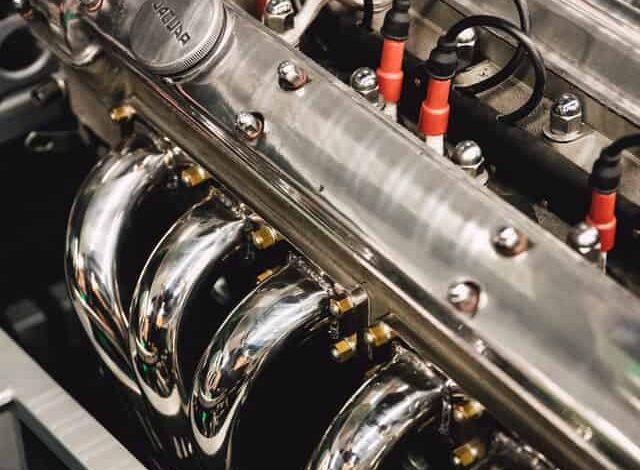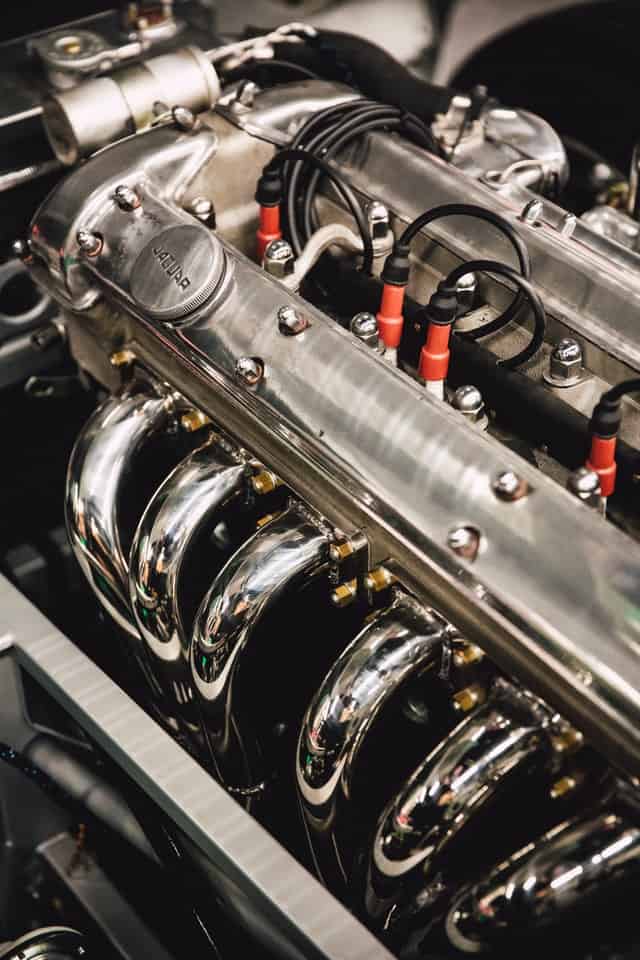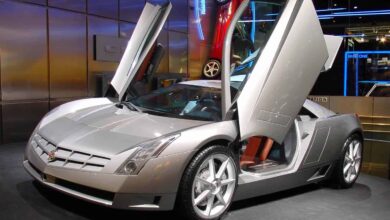Engine Torque

Since the invention of the internal combustion engine, people began to measure its characteristics and try to improve them. Moreover, the improvement of engine characteristics did not always happen by modernizing its system, sometimes cunning marketers improved the characteristics by replacing concepts or the method of their measurement. So, for example, American marketers increased the power of the engine by removing these indicators not from the flywheel (like all other market participants), but from the engine without attachments, regular intake and exhaust systems, and so on.

These same marketers have created a bunch of myths, false or partially true stories about the characteristics of the engine, and in particular about power and torque. What is the value of the phrases: “Horsepower sells the car, and the torque drives it”, or the latter “wins the race”, although these phrases have nothing to do with physics and mechanical engineering.
Engine power or torque?
To answer the question, “Which is more important, engine power or torque?” it is necessary to operate correctly with these concepts.
The torque of the engine (on the flywheel) is the force with which the flywheel is spun, or the product of the force acting on the piston (F) on the arm of the lever, namely the crank-and-connecting mechanism (L). Engine torque is calculated by the formula Mkm (maximum torque)=F*L. It is usually measured in N*m (Newton-meter), or in kgf·m (kilogram-force-meter). For example, in order to stop an engine with a maximum torque of 100N*m, it is necessary to apply a force no greater than 100N*m, or 10.2 kilograms of force per shoulder of 1 meter. It is worth remembering that the torque changes with the increase in engine speed in the direction of its increase or decrease, so the engine characteristics usually indicate the maximum torque achieved at certain engine speeds. The dependence of torque on revolutions can be observed on the torque curve.
Engine power is the amount of work that the engine can do in a certain amount of time. 1 hp (horsepower) is equivalent to the power expended for uniform lifting of 75 kg at a speed of 1 m/s. If we uniformly lift 75 kg at a speed of 2 m/s, or 150 kg at a speed of 1 m/s, then at the output we will receive the expended power in the form of 2 horsepower. Engine power is calculated according to the formula: ((Engine revolutions per minute * (torque / 9.8))/1000) * 1.36
If your engine at 5500 rpm. develops a torque of 90 N*m, then at these revolutions you will get a power of 5500*(90/9.8)/1000*1.36=68 horsepower.
Based on the fact that the torque changes with the change in revolutions, it follows that the power of the engine also depends on the revolutions. In the characteristics of the engine, the maximum power at a certain number of revolutions is indicated, and these revolutions are calculated from the change in the torque curve.
Therefore, power is work, the performance of which can be increased by applying more force (torque) or by increasing the frequency of performance (increasing engine speed). As the engine revs, we increase speed, and as torque increases throughout the rev range, we increase the engine’s ability to move more mass in the same amount of time.
Anyone else want to discuss what is more important, torque or engine power? With increasing revolutions, the characteristics of the engine change, and therefore the maximum torque and maximum power only partially tell about the behavior of the engine in different operating modes.
In order to quickly reach maximum power and maximum revolutions, you need to spin the flywheel with maximum force, that is, the higher and stretched torque, the faster your engine will produce maximum power, that is, the mass of your car will move as quickly as possible.
From this statement, it is possible to draw a false conclusion that engine torque is important for acceleration, and power is not important.
Torque is the main force that allows the car to move from a place and start doing work, engine revolutions are the frequency at which we do work, and power is our work that we do, or can do if necessary.
What affects the acceleration dynamics of the car, torque or power?
The dynamics of acceleration are affected by many factors: the weight of the car, gearbox, main pair, torque curve, engine power, rolling resistance, etc.
The torque ensures that the engine spins up to maximum speed, and the higher the torque from the bottom to the very top, the faster the engine will rev up. The so-called torque bench has a very strong effect on the car’s smoke.
The torque bench is a stretch of the maximum torque over the range of both.

